As part of the European launch of AMD EPYC 7002 series in Rome, the company is launching an even faster chip than we reviewed a month an a half ago in our AMD EPYC 7002 Series Rome Delivers a Knockout piece. Also, we spotted that Supermicro will have its Ultra and GPU compute servers using the new Rome chips.
AMD EPYC 7H12 the 64 Core 280W TDP Monster
The AMD EPYC 7742 is the top core count socketed CPU you can buy today, but there is something bigger on the horizon. The AMD EPYC 7H12 is a 64 core and 128 thread CPU with a 2.6GHz base and 3.3GHz max boost clock.
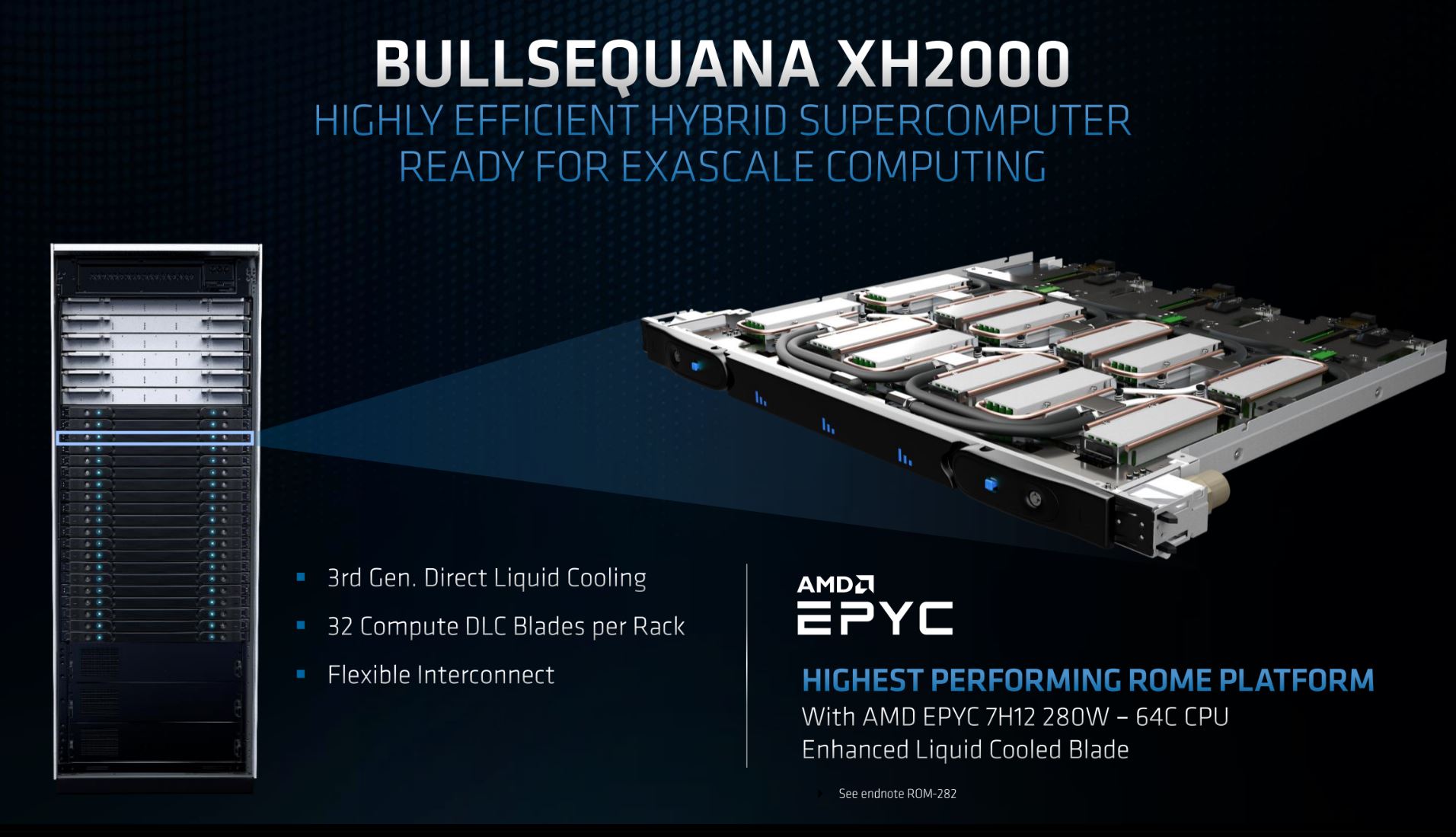
With a 280W TDP, it is designed to be a high-performance computing part. That 280W TDP requires extra cooling since it is not easily cooled in traditional servers. Atos has signed on to be a launch partner.
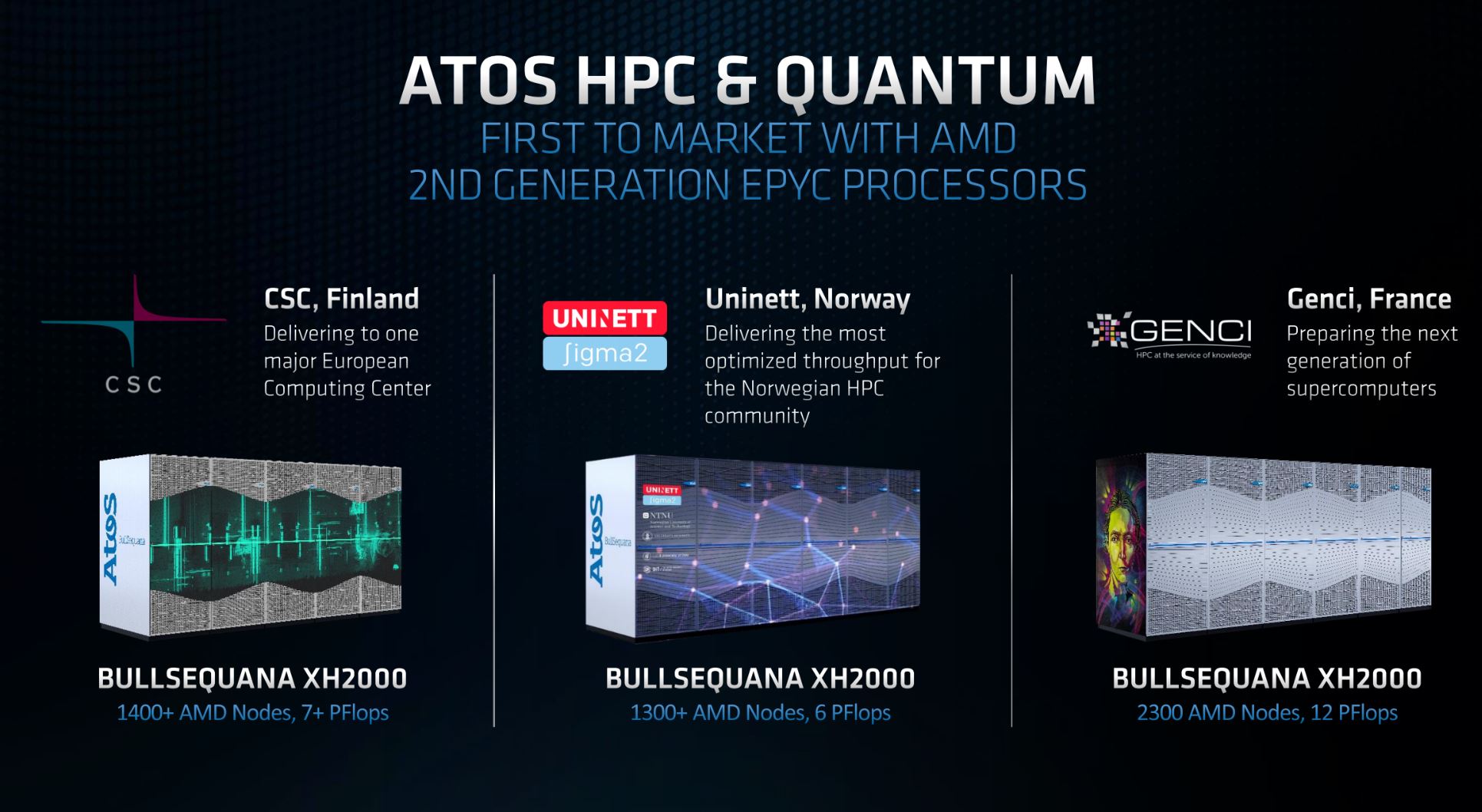
Atos says that the AMD EPYC 7H12 is getting around 4.2 TFLOPS in Linpack or about 11% higher than the AMD EPYC 7742. For HPC customers, the higher power consumption is offset by the higher performance per node.
The Supermicro AMD EPYC GPU Server
Ever since the original AMD EPYC 7001 launch in 2017, we have had readers asking about when a Supermicro GPU server will come out. At the AMD EMEA launch, this slide was shown:
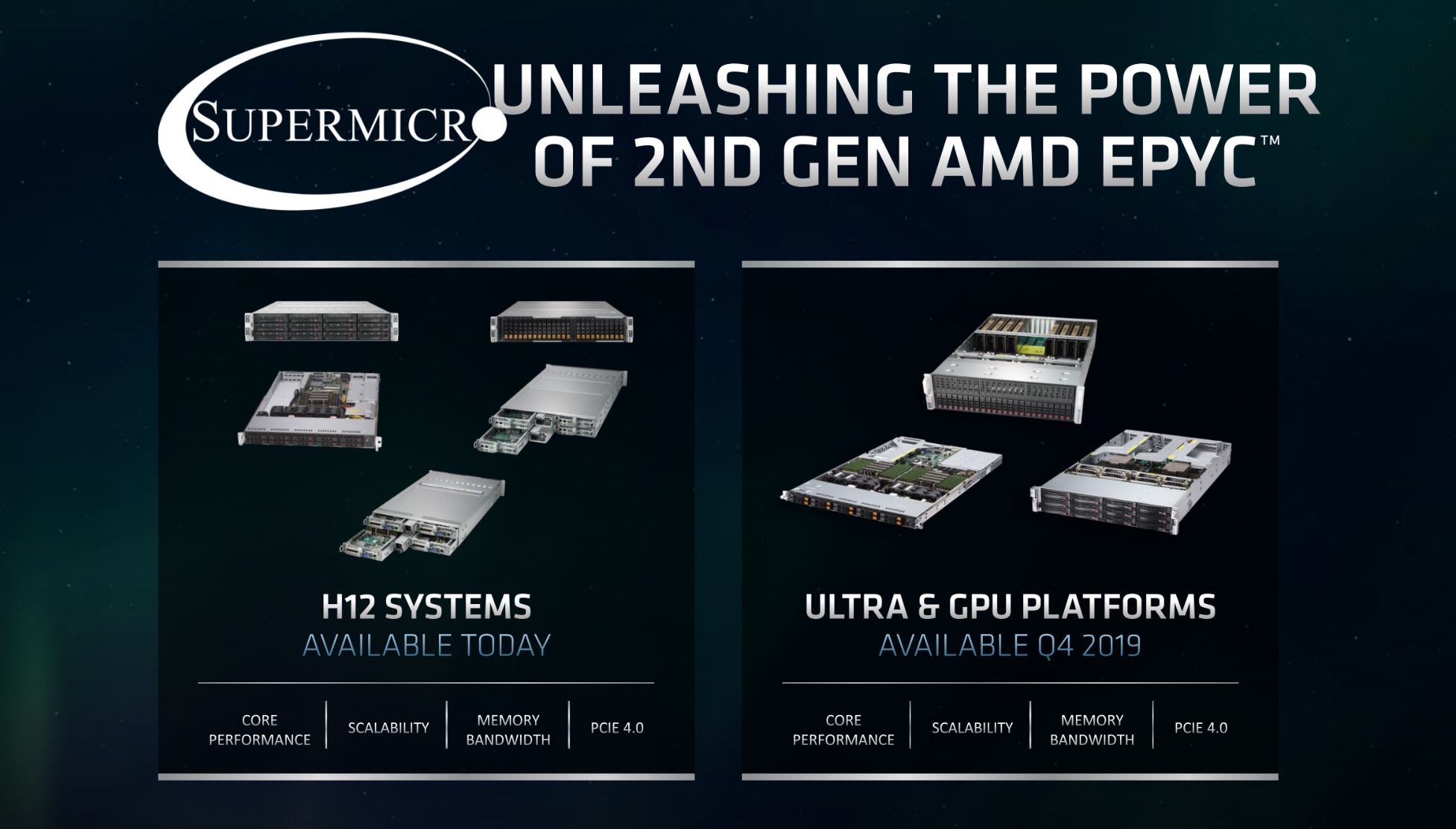
The left-hand side systems we covered in New Supermicro AMD EPYC 7002 Platform Innovation. On the right-hand side we have two of the company’s Ultra servers on the bottom. The top-right system is one of the Supermicro 4U GPU servers that we saw in DeepLearning10 and DeepLearning11. It looks like the ask of our readers for a competitor to the Xeon offerings is just around the corner.
Final Words
At STH, we have some in-depth coverage. We are putting everything in our new AMD EPYC 7002 Series Coverage at STH Road to Rome Hub which saw the AMD EPYC 7302P review added yesterday and will have another system review online later this week. We have a detailed analysis of where AMD now stands, and are going into the individual market segments to show more head-to-head competition. The AMD EPYC 7H12 extends the per socket performance lead albeit requiring custom-designed cooling systems.

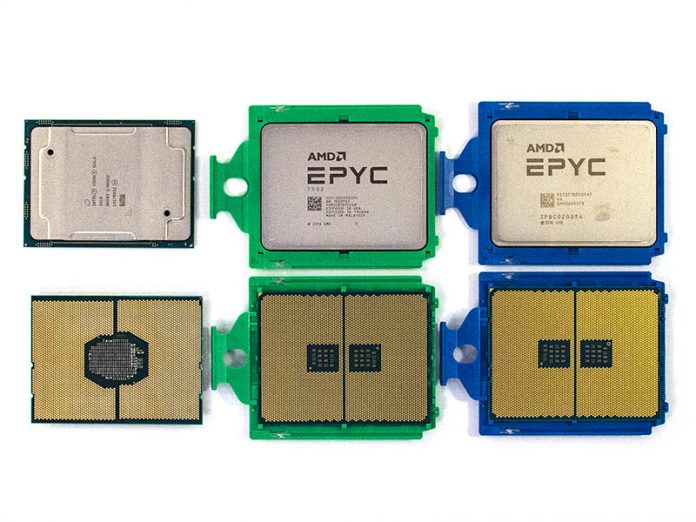
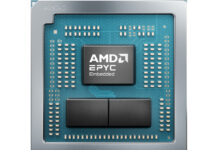
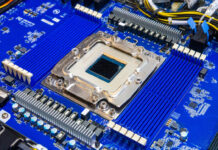
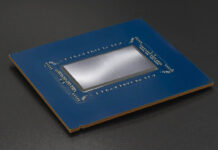
SUPERMICRO GPU SERVER!!! I hope they’ve done either 1P no switches or 2P 160 PCIe lanes.
Per anandtech the 7H12 is 3.6GHz boost, not 3.3.
Thanks for mentioning this launch plus the GPU server so quickly!
@raja both the press release and AMD blog entry say its 3.3.
https://community.amd.com/community/amd-business/blog/2019/09/18/2nd-gen-amd-epyc-continues-market-momentum-with-new-customers-and-new-performance-milestones
http://ir.amd.com/news-releases/news-release-details/2nd-gen-amd-epyctm-continues-market-momentum-new-customers-new
Thank you so much for the extensive and always cutting-edge reporting!
Really excited for the 4U GPU Server!
Raja – unless we have tested, or have been told something specific to the contrary, we use the officially published numbers as virtuoso pointed out.
Virtuoso and Patrick – yes you’re correct. Anandtech has edited their table for a 3.3GHz boost. Still – a part with a 2.6 GHz base is pretty interesting.
Patrick and Cliff – thanks again for your excellent Rome coverage. So useful for IT houses looking for 3rd party info on performance/platforms/availability etc. Your coverage is outpacing some of the reps in the field – keep up the great work!
Hopefully this leads to a ‘7372’ (ala: https://www.servethehome.com/amd-epyc-7371-review-now-the-fastest-16-core-cpu/ ) possibly exceeding the “Key stats for the AMD EPYC 7371: 16 cores / 32 threads, 3.1GHz base, and 3.6GHz all core turbo. With 8 cores active, the AMD EPYC 7371 hits 3.8GHz turbo boost clocks.”.
A server/workstation CPU (not a ThreadRipper) with consumer clocks (like the 4-5 GHz we used to have) would be great (for me, anyways); and this 7H12 might lead to a small supply of 16 core server-features CPUs (like encryption). Beats waiting for the 7+ which is rumored to be slightly less than this.
”Atos says that the AMD EPYC 7H12 is getting around 4.2 TFLOPS in Linpack or about 11% higher than the AMD EPYC 7742.”
How this compare to xeon platinum 9282 for example.